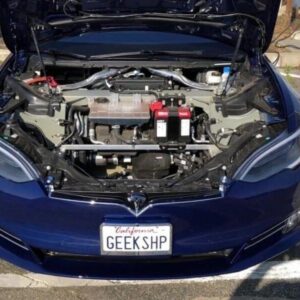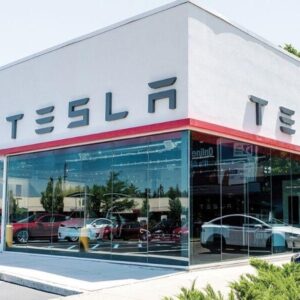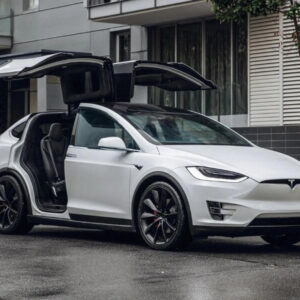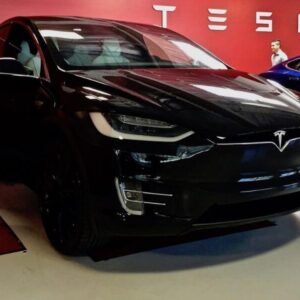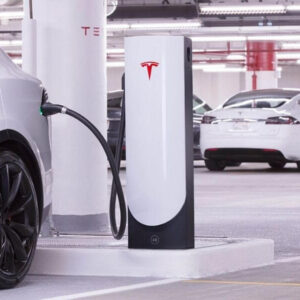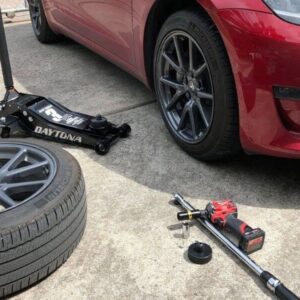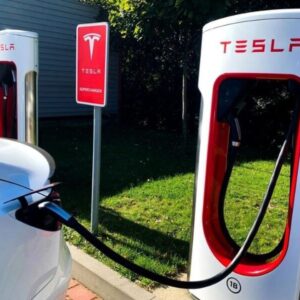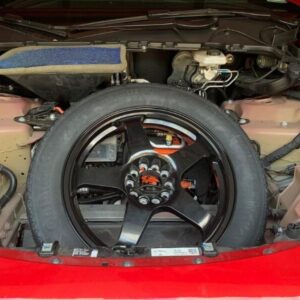Are Tesla Batteries bad for The Environment? However, the production of batteries for EVs does present some environmental challenges. Some studies have shown that the manufacturing of a typical EV battery can result in higher carbon emissions compared to gasoline cars. This is due to the significant amount of energy required for the procurement of raw materials and the manufacturing process itself.
The majority of this energy consumption is linked to the production of the battery, which requires the extraction of rare and challenging-to-source materials such as lithium, cobalt, and manganese.
Are Tesla Batteries bad for The Environment?
Although Tesla batteries have certain negative environmental effects, they are not always harmful.
The mining of the nickel, cobalt, and lithium used as raw materials in Tesla batteries is one issue. Water pollution, air pollution, and land degradation are just a few of the detrimental effects mining may have on the environment.
The disposal of Tesla batteries after their useful lives is another issue. Because hazardous materials are used to make Tesla batteries, it is important to properly dispose of them to prevent environmental contamination.
Tesla, though, is attempting to lessen the effect its batteries have on the environment. For instance, Tesla is creating new battery technologies that are simpler to recycle and utilize fewer rare earth elements. Tesla is also constructing a battery recycling facility to recycle its batteries once they have reached the end of their useful lives.
The environmental impact of Tesla batteries is a complicated subject overall. There are both advantages and disadvantages to take into account. When selecting whether or not to acquire a Tesla vehicle, it is crucial to thoroughly consider the advantages and disadvantages.
Here are some actions taken by Tesla to lessen the negative effects of its batteries on the environment:
- In its batteries, Tesla is utilizing more recycled materials.
- New battery technologies being developed by Tesla employ fewer rare earth elements.
- To recycle its batteries as they reach the end of their useful lives, Tesla is establishing a battery recycling facility.
- Tesla is attempting to make its batteries last longer so that they don’t need to be changed as frequently.
Additionally, Tesla is making efforts to lessen the negative effects of its production on the environment. For instance, Tesla works to limit its water use and powers its manufacturing with renewable energy.
In general, Tesla is dedicated to lessening the environmental impact of both its production process and its batteries.
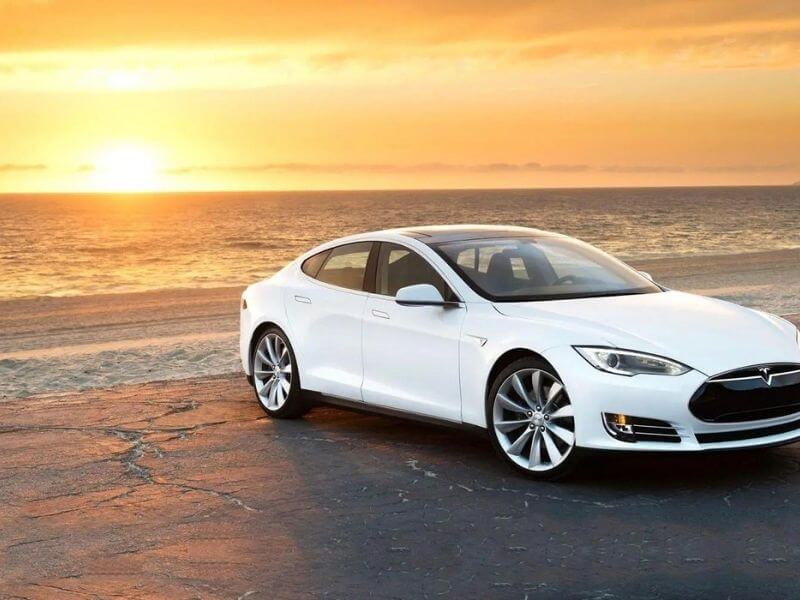
Is A Tesla battery Eco Friendly?
There is no simple solution to the complicated question of whether a Tesla battery is environmentally friendly. There are both beneficial and detrimental environmental effects to take into account.
On the one hand, gasoline-powered engines are more dirtier than Tesla batteries. Since tailpipe emissions are a significant cause of air pollution and climate change, they don’t produce them. Additionally, Tesla batteries last longer than gasoline-powered motors, requiring fewer replacements over time.
Tesla batteries, on the other hand, are created from raw elements that are extracted from the earth. Water pollution, air pollution, and land degradation are just a few of the detrimental effects mining may have on the environment. Additionally, dangerous substances like lithium and cobalt are present in tesla batteries; these substances must be appropriately disposed of to prevent environmental contamination.
Tesla is attempting to lessen the effect its batteries have on the environment. For instance, Tesla is creating new battery technologies that are simpler to recycle and utilize fewer rare earth elements. To recycle its batteries when they reach the end of their useful lives, Tesla is also constructing a battery recycling facility.
The environmental impact of Tesla batteries is a complicated subject overall. There are both advantages and disadvantages to take into account. When selecting whether or not to acquire a Tesla vehicle, it is crucial to thoroughly consider the advantages and disadvantages.
Tesla is taking the following steps to make its batteries more environmentally friendly:
- Making its batteries up of more recyclable materials
- Creating new battery technologies that don’t rely as much on rare earth elements
- Constructing a battery recycling facility to recycle its batteries once their useful lives have passed
- Working to make its batteries last longer so they don’t need to be updated as frequently
- Utilizing less water and renewable energy sources to run its industries
Since Tesla is still a new business, its battery technology is still developing. Future Tesla batteries are probably going to be more environmentally friendly.
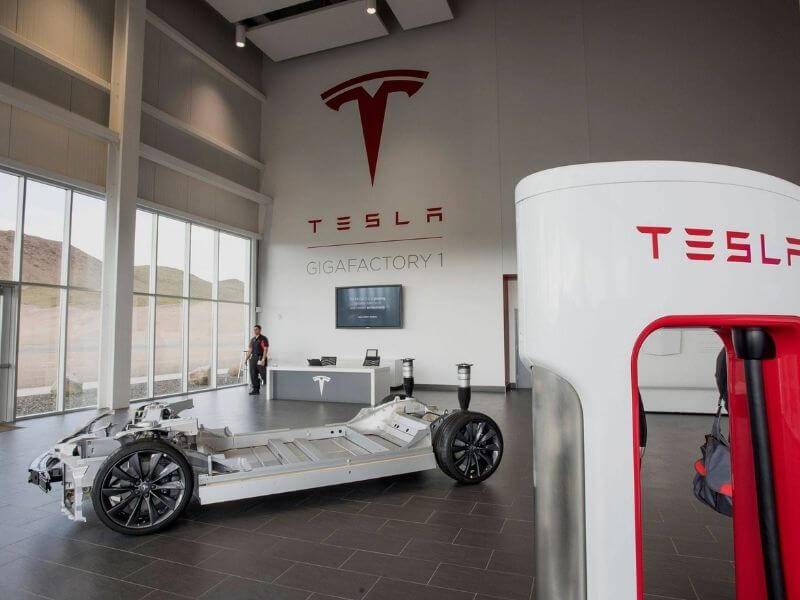
Is Tesla worse for environment?
There is no simple answer to the complicated question of whether Tesla is bad for the environment. It relies on a variety of elements, such as how the batteries are made, where the electricity is coming from to charge the vehicle, and how much pollution the vehicle emits over its lifetime in comparison to a gasoline-powered vehicle.
On the one hand, the production of Tesla batteries uses a lot of energy, and the environment may be harmed during the mining of the raw materials. Furthermore, if the electricity used to charge the car is produced from fossil fuels, the car will still indirectly emit greenhouse gases.
However, Tesla vehicles don’t emit any exhaust emissions, therefore they don’t add to the air pollution in the cities where they are driven. Even after taking into account the emissions produced during battery production, the lifetime emissions of a Tesla automobile are often fewer than those of a car fuelled by gasoline.
In the long term, Tesla vehicles are more environmentally friendly than gasoline-powered vehicles. However, the production of Tesla batteries and the source of the electricity needed to charge the vehicles have certain negative effects on the environment.
How much pollution does it take to make a Tesla battery?
The type of battery, the manufacturing procedure, and the source of the energy utilized to generate the battery are some of the variables that affect how much pollution is produced when making a Tesla battery.
Approximately 4,500 kilos of carbon dioxide equivalent (CO2e) are produced during the manufacturing of a 75 kWh Tesla battery, according to a Massachusetts Institute of Technology study. This is roughly equivalent to the CO2e that a gasoline-powered car emits over the course of 2.4 years of driving.
Even after taking into account the emissions produced during the battery’s construction, it is crucial to remember that the lifetime emissions of a Tesla car are often fewer than those of a car powered by gasoline.
Tesla is attempting to lessen the effects of its battery production process on the environment. For instance, Tesla is researching new battery technologies that use fewer rare earth metals and employing more recycled materials in its batteries. To recycle its batteries when they reach the end of their useful lives, Tesla is also constructing a battery recycling facility.
In general, pollution caused by the production of a Tesla battery is a complicated problem. There are several things to take into account, and the level of pollution generated can change based on the particular situation.
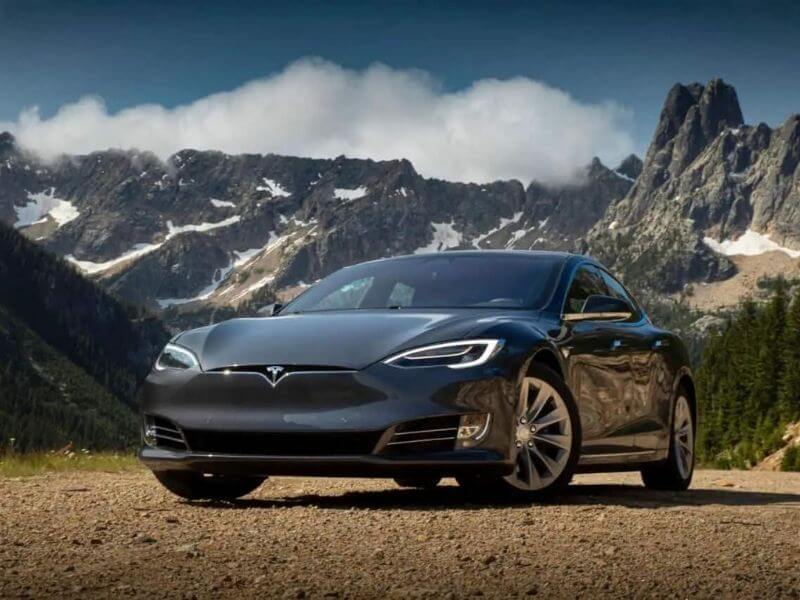
Above is information about Are Tesla Batteries bad for The Environment? What is this?. Hopefully, through the above content, you have a more detailed understanding of Tesla Batteries bad for The Environment. Thank you for reading our post.
